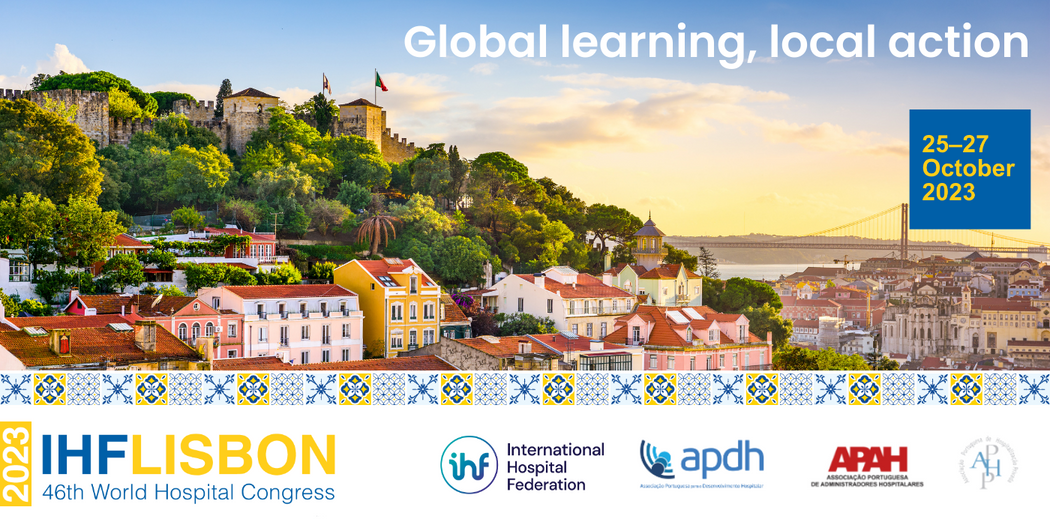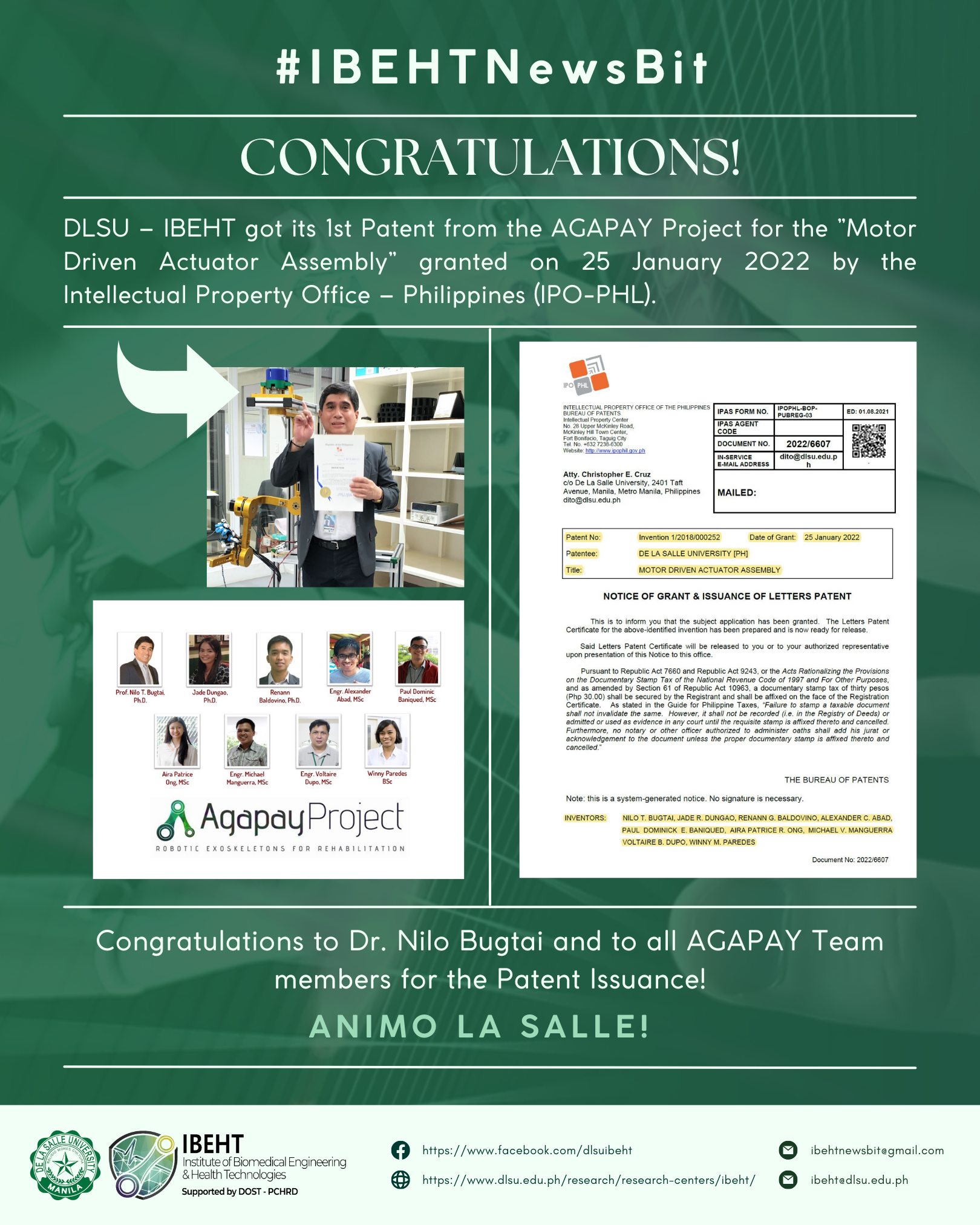
Call for abstracts now open! | 46th World Hospital Congress


Full article: https://www.medicalnewstoday.com/articles/chronic-pain-non-opioid-drug-candidates-could-offer-relief-without-addiction?fbclid=IwAR2s5lEuyvwcBzCwUkhQ2yeFDypcaVfSPe1hXELvI1aDcOvkno-aXwbTses
Source: https://www.medicalnewstoday.com/ 

Source: DOST-PCHRD Health Research PH Updates | Vol. 8, Issue 3
Full article: https://www.pchrd.dost.gov.ph/news_and_updates/dlsu-ibehts-agapay-project-secures-its-first-patent-certificate/
Source: https://www.sciencedaily.com/
Full Article: https://www.sciencedaily.com/releases/2022/06/220601092223.htm